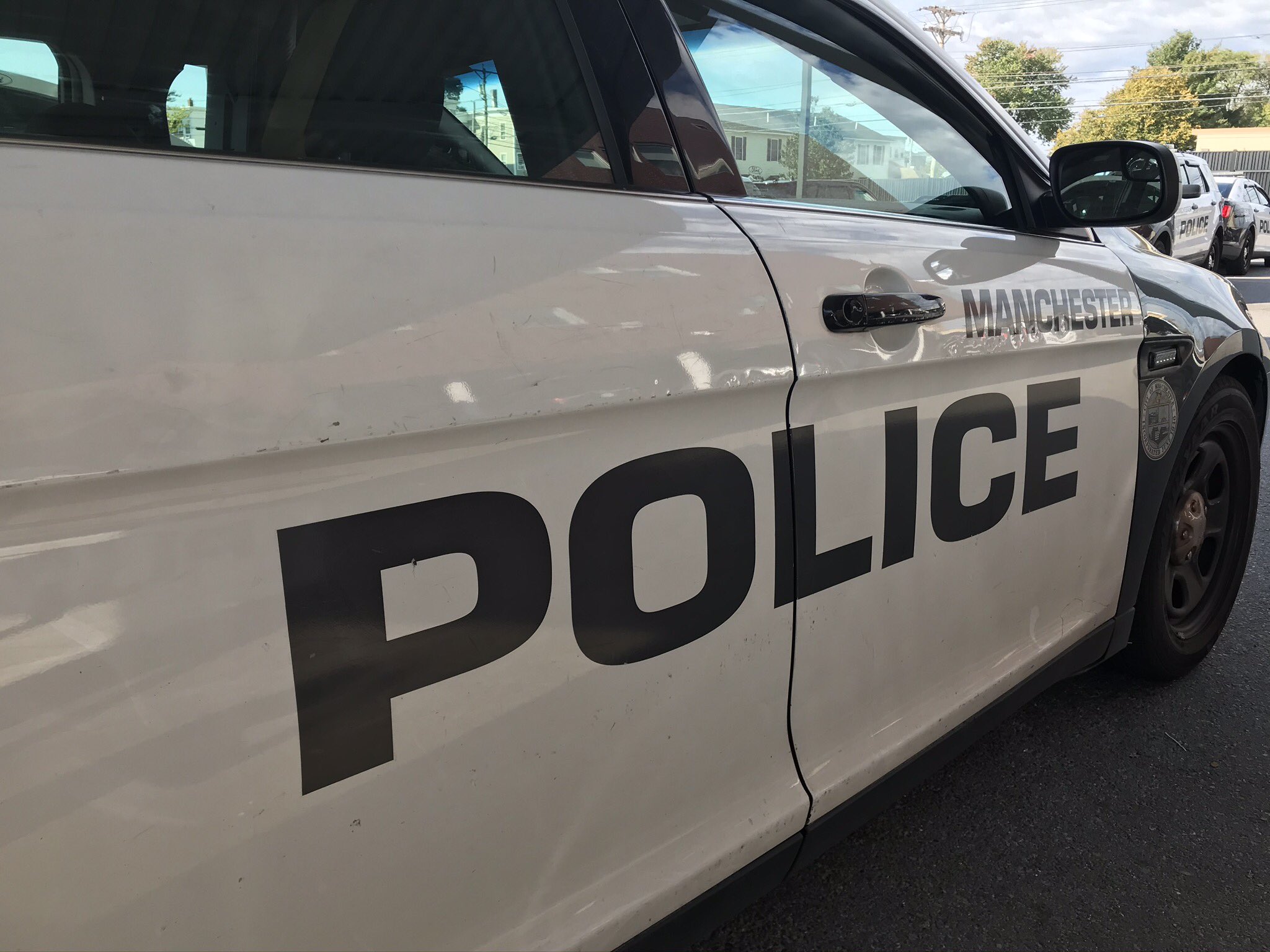Many Massachusetts towns and cities will be allowed to move to the next step of the state's reopening plan next week, as Gov. Charlie Baker seeks to bolster the economy in lower-risk communities.
Baker said Tuesday those communities would be able to move to Step 2 of Phase 3 of the state's reopening plan on Monday, increasing the number of recreational and cultural activities, among other changes.
Here's everything you need to know about the next step of reopening -- and who it will impact.
Get top local stories in Boston delivered to you every morning. Sign up for NBC Boston's News Headlines newsletter.
Which towns can move to Phase 3, Step 2?
Baker said lower-risk communities -- those with grey, green and yellow designations on the state's weekly community-level spread map -- can move to the next step, but only if they have maintained that status for three straight weeks.
Communities labeled red for three straight weeks will stay in or move back to Phase 3, Step 1. That means businesses that could open under Step 2 would have to close again, if that town regresses into red.
Local
In-depth news coverage of the Greater Boston Area.
What new in Step 2?
The activities allowed in Phase 3, Step 2, include indoor and outdoor recreation businesses. They "have not led to significant transmission in other states," Baker said.
Also new in the Baker administration's update are changes to gathering sizes for outdoor gatherings in public and at event venues. For Phase 3, Step 2, communities, they'll be allowed to have up to 100 people, while that limit will be 50 people for Step 1 communities when the new order takes effect.
Indoor gatherings remain capped at 25 people everywhere in Massachusetts and outdoor gatherings in private homes stay capped at 50 people.
Other changes in the second step of Phase 3 include indoor and outdoor performance venues being allowed to open up to 50% capacity up to 250 people, though Baker said that rule doesn't apply to stadiums, arenas and other large performance venues.
Retail stores will be allowed to open fitting rooms again, while gyms, museums, libraries, driving schools and flight schools can open up to 50% capacity.
The new businesses allowed to open in Step 2 are arcades and both indoor and outdoor recreation businesses, like laser tag, roller rinks and trampoline parks.
Baker said repeatedly that he prefers people gathering in venues like those, which are structured and have rules, than getting together at a home without any rules in place.
"What has been particularly interesting about the summer is very, very few examples of significant spread have occurred in organized, structured, rule-based settings," he said. "Most of our new cases, most of our clusters, have involved unstructured, non-rule-based gatherings -- parties that have taken place between and among people where there aren't any rules."
Coronavirus cases are ticking up. Why the changes?
The move comes as coronavirus cases and hospitalizations continue to tick up in Massachusetts. But Baker, speaking at a news conference at the State House, appeared confident that further reopening is safe in communities not at high risk of transmission.
Massachusetts hasn't progressed in its reopening plan since early July, when Phase 3, Step 1, went into effect. But this time, the move is dependent on local transmission of the virus, which the state Department of Public Health began tracking with a color-coded map in August.
The new businesses allowed to open in Step 2 are arcades and both indoor and outdoor recreation businesses, like laser tag, roller rinks and trampoline parks.
Baker said repeatedly that he prefers people gathering in venues like those, which are structured and have rules, than getting together at a home without any rules in place.
"What has been particularly interesting about the summer is very, very few examples of significant spread have occurred in organized, structured, rule-based settings," he said. "Most of our new cases, most of our clusters, have involved unstructured, non-rule-based gatherings -- parties that have taken place between and among people where there aren't any rules."
Baker acknowledged a "slight increase" in coronavirus testing data in recent reports, but said much of that is down to Massachusetts' nation-leading testing -- no other state conducts more per resident, he said -- and outbreaks at colleges and universities, which has been a major focus of testing efforts.
Not counting testing at higher education institutions, Baker said the state's positive testing rate is holding at 1.7%.
And asked repeatedly about the worries some health officials have expressed about Massachusetts recent metrics, Baker emphasized that the step forward in the reopening plan is only for communities that are demonstrating consistent progress in controlling the coronavirus.
"We still have a commonwealth where hundreds of communities, based on what is becoming months of testing, simply don't have a lot of community transmission," he said.
Massachusetts reported 367 new confirmed coronavirus cases Monday and an additional 11 deaths.
There have now been 9,202 confirmed deaths and 128,793 cases, according to the state Department of Public Health. The percentage of coronavirus tests coming back positive, on average, has ticked up slightly to 0.9%, according to the report.



